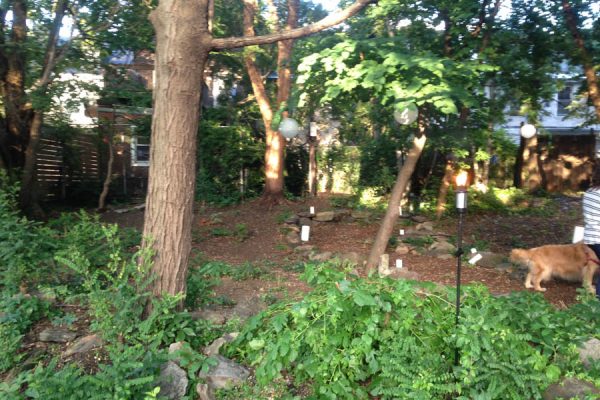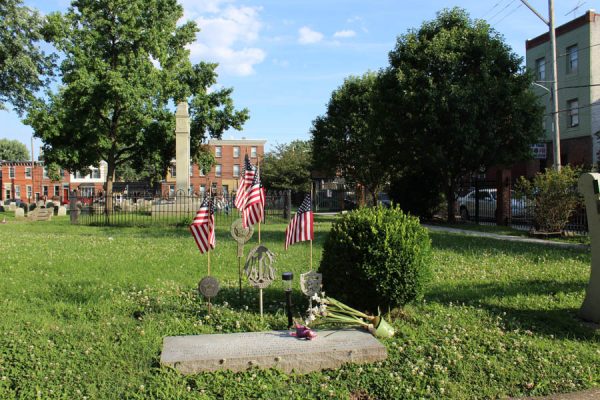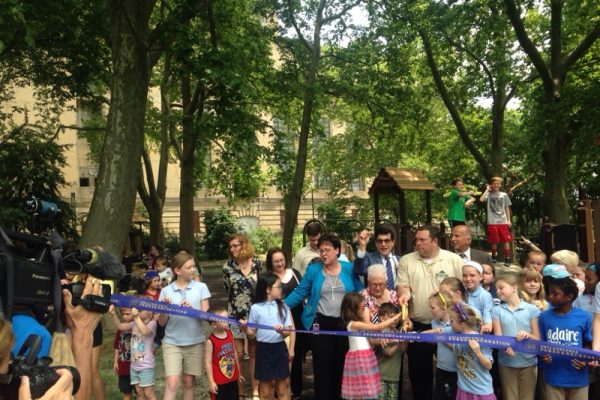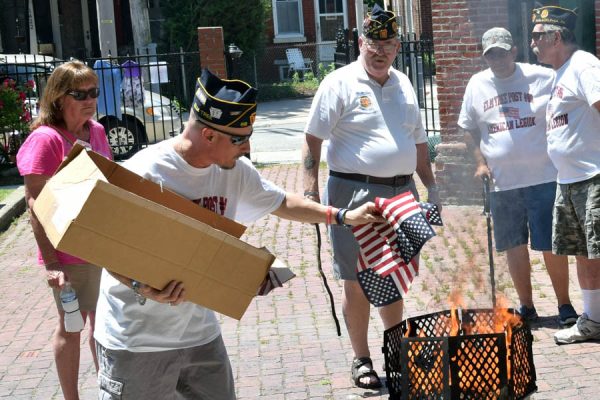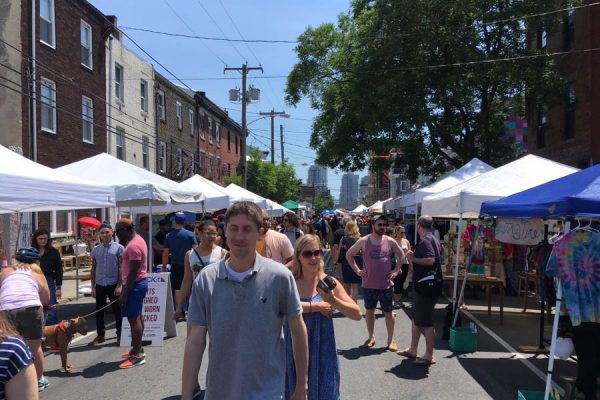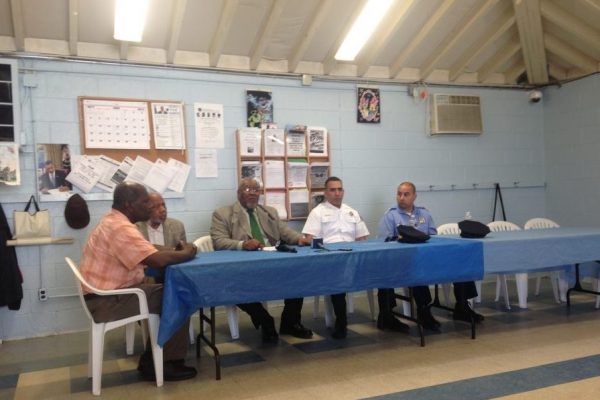Stadium Stompers Update: Where Things Currently Stand With Proposed Temple Stadium
The proposed Temple University football stadium remains a contentious issue city-wide, with Fox Sports, Comcast SportsNet, Yahoo and ESPN all reporting that the board of trustees are stalling on the implementation of its $125 million proposal.
“Frankly, those stories do not meet the facts,” argued Kevin Feeley, spokesman for Temple’s board of trustees.
Feeley said the board is still undergoing the planning process. “The board will continue to gather information,” he said, “and will make an informed decision when that process is complete.”
The board has not revealed a specified timeline for the project since it was first announced in February. It remains open-ended in wake of the removal of both President Neil D. Theobald and Provost Hai-Lung Dai due to a $22 million budget shortfall.
The planning process includes a $1 million feasibility design and environmental impact study, as well as a $250,000 parking study. Architecture firms Moody Nolan, AECOM, and Langan were hired in March to complete the feasibility study.
Community and Temple student coalition Stadium Stompers believe the board is stalling to avoid what City Council President Darrell Clarke called a “rigorous and respectful community engagement process.” Clarke said Council will only approve a plan including input from residents neighboring the site.
Clarke’s office confirmed no such legislation is pending, despite Temple’s claims that they have and continue to meet with community members.
“People are unsure,” said State Senator Shirley Kitchen, whose 20th Ward borders the stadium site along Broad Street. “They care about what’s going on with the property, but Temple has not had a formal discussion with the community.”
Moody Nolan President and CEO Curtis Moody told Temple News in April that he would meet with residents every other Friday while on walking tours of the neighborhood. He also said the feasibility study would take an estimated three to four months and be finished by summer.
Temple’s 2016 fall semester began over a month ago. Moody Nolan, AECOM, and Langan chose not to comment on to Spirit News.
Temple’s first public forum on the stadium in February only permitted students and journalists due to “limited space.” Later, only six Stadium Stompers gained entrance into a subsequent board meeting, leaving others to rally outside Sullivan Hall amid a sizable campus police presence.
“Temple is not a good neighbor,” stated Jackie Wiggins, a community educator and Stadium Stomper. “I want the board of trustees to reconsider whose pockets are being lined here.”
A multi-purpose retail project on North Broad Street is included in the planning, which the board says will bring jobs to the neighborhood. According to Stadium Stompers, neighbors are more concerned with parking, littering, and drunk tailgaters.
The proposed site runs from Broad to 16th Streets and from Norris Street to Montgomery Ave., across the street from an elementary school, a nursing home, and dozens of family rowhomes.
Temple student and Stadium Stomper Cornelius Moody argues the multi-million stadium would raise the value of those homes, swapping long-time residents out for an ever-growing student population desiring to live closer to campus.
“Property taxes in the neighborhood would spike,” argues Moody, “and it would force a bunch of people to not be able to afford their own home.”
Property taxes near the site have already increased substantially, but household income has remained stagnate. A May report by Pew Charitable Trusts claims median home sale prices climbed from $11,250 to $140,000 in 13 years. US census data shows those same home values increasing over $50,000 in 14 years.
Wiggins said Stadium Stompers have renewed a sense of urgency in her because of a unique relationship developing between Temple students and their neighbors. Stadium Stompers will continue to organizing events with other groups, and petition supporters to sign letters urging city officials to block the proposal.
“The good news is we don’t have to do it alone,” explains Wiggins. “It’s partly because young people are living in the neighborhood, but it’s mainly because they’re learning some things about social justice.”
THANKS FOR SUPPORTING SPIRIT NEWS!
Please follow this link to visit Amazon.com through our affiliate portal. It’s the same Amazon.com you know and love, but when you shop through this link we receive a small cut at no added cost to you!
By using this link to do your normal Amazon.com shopping, you’ll be supporting your local newspaper.

